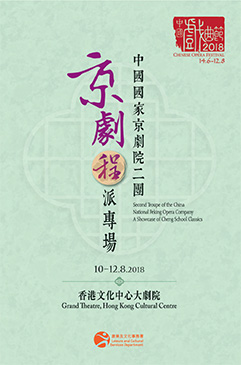Second Troupe of the China National Peking Opera Company: A Showcase of Cheng School Classics
Introduction
Cheng Yanqiu, the founder of the Cheng school, was one of the ‘Four Great Actors in Dan Roles’ in Peking Opera. The singing art of the Cheng school is highly distinctive and is particularly skilful in singing with a tone projected from the back of the head. The singing style fully highlights the contrasts of high and low, strong and weak, creating a soulful, subtle voice that is both intermittent and continual. The year 2018 marked the 60th anniversary of the death of Cheng Yanqiu, in order to commemorate this virtuoso, the Second Troupe of the China National Peking Opera Company is going to bring three full-length plays to the audience. All three plays are headlined by Li Haiyan, a renowned qingyi (virtuous female) role actress of Cheng school and winner of the Plum Blossom Award for Chinese Theatre. She presents the uniquely stylish vocal style, visual expressions, stylised movements, footwork, hand gestures, sleeves, etc. of the Cheng school fully on stage.
The beautifully sung Consort Mei, created by Cheng Yanqiu in 1925, has not been presented on a Hong Kong stage for a long time. Different from the well-known story between Imperial Concubine Yang Yuhuan and Emperor Xuanzong of Tang presented by the Mei school, this repertoire depicts the sad emotions between Consort Mei and the Emperor by the interpretation of Cheng school. The Unicorn Pouch is a classic play of the Cheng school, which is characterised by sophisticated singing and a variety of ban patterns; it is a classic that demonstrates the vocal style and the art of stylised movement of the Cheng school. Anecdotes about Empress Wu Zetian is a grand production written by Li Shiji in the 1990s. Li was a disciple of Cheng Yanqiu and received personal training from the master. Li Haiyan inherits the art and received the personal supervision from the late Li Shiji in her rehearsal of the play and she is currently the only Cheng school bearer of this repertoire.
Second Troupe of the China National Peking Opera Company: A Showcase of Cheng School Classics
Programme Details
10/8 (Fri)11/8 (Sat) 12/8 (Sun)10/8 (Fri) 7:30pm
Consort Mei
Created by Cheng Yanqiu in 1925, the play was written by Jin Zhongsun. It was later reorganised and rearranged by Li Shiji, the first student of Master Cheng, and became a widely recognised and loved production. While we are all familiar with the story between Imperial Concubine Yang Yuhuan and Emperor Xuanzong of Tang presented by the Mei school, the story between Consort Mei and the Emperor presented by the Cheng school is a refreshing subject. Consort Mei is very talented. The lyrics of Rhapsody from East of My Chamber have strong literary merits and the piece is sung with an elegant and beautiful vocal style.
The maiden name of Consort Mei is Jiang Caiping. She is a native of Putian, Fujian. She looks elegant and is good at composing poems. She is well-liked by Emperor Xuanzong of Tang. Caiping is fond of plum blossoms, and she has planted many around her chamber. During the blooming season, Caiping appreciates flowers and writes poems. She lingers around her flowers and stays until very late at night. The Emperor knows of her love for flowers and gives her the nickname Consort Mei, or the lady of plum blossoms. Subsequently, Imperial Concubine Yang becomes the favourite of the emperor. Consort Mei is abandoned at Shangyang East Palace. She feels depressed and writes a poem Rhapsody from East of My Chamber to express her feelings. The Emperor is moved, but he is afraid of upsetting Imperial Concubine Yang, and not dares to ask Consort Mei to stay for the night. An Lushan usurps and Chang’an subjugated. The Emperor hurriedly flees to Sichuan. Consort Mei is sad and sick of living. She kills herself to mourn for her country. Guo Ziyi retrieves the two capital cities, and Emperor Xuanzong of Tang returns to the imperial court. Imperial Concubine Yang has already died at Maweipo. Autumn arrives, leaves fall, and fireflies fly around the palace in the evening. The Emperor misses his consorts and feels lonely. One day, he walks around the plum blossom garden. The views are the same, but everything else has changed. Feeling upset, he falls asleep and suddenly sees Consort Mei elegantly and calmly coming out from the flowering bushes. The Emperor weeps as he tells Consort Mei how he has missed her. Consort Mei is slightly moved. The sound of Imperial Concubine Yang arriving is heard. The Emperor dances ecstatically. Seeing this, Consort Mei leaves angrily. The Emperor wakes up and realises it was a dream. He feels discontented and returns to the palace.
Main Cast: Li Haiyan, Huang Bingqiang, Liu Dake, Gong Lijuan, Jin Xing, Li Xiaowei
The running time of the performance is approximately 2 hours and 45 minutes including an intermission of 15 minutes.
11/8 (Sat) 7:30pm
The Unicorn Pouch
The Unicorn Pouch is a representative work of Cheng Yanqiu, one of the ‘Four Great Actors in Dan Roles’. The play was written by renowned playwright Weng Ouhong in 1937 and debuted in 1940 at Golden Theatre in Shanghai. The timeless play is frequently staged up until this date and it is an evergreen production on the Peking Opera stage. In terms of the accomplishments of the artistic vocal style and the arrangement of lyrics, the play ranks first in the Cheng school and holds an important position in Peking Opera. The play is characterised by sophisticated singing and a variety of ban patterns. It demonstrates the immense artistic charisma of Cheng school singing.
When Xue Xiangling, the daughter of a wealthy family in Dengzhou, marries, her mother gives her a lucky pouch according to local customs. The pouch conveys good wishes for Xiangling to bear children. It is filled with jewels. On the day of Xue’s wedding, it rains when her bridal sedan chair is proceeding to her husband’s home. She takes shelter at the Spring and Autumn Pavilion. Another old and derelict bridal sedan chair arrives. Zhao Shouzhen, the bride inside it, feels very sad as her own family is poor. Hearing the weeping, Xue Xiangling asks her servant to ask what happened. She gives the weeping bride the lucky pouch. The two leave as the rain stops. One day six years later, Xue Xiangling brings her son to visit her maiden home. Yet Dengzhou is suddenly flooded. Xue Xiangling loses contact with her family and drifts to Laizhou, where she has nowhere to go to. She encounters her old maid Hu. Hu introduces Xue to the rich landowner Lu to work as a nanny for the young son Lu Tianlin. As Xue plays with Tianlin at the Lu’s she misses her son, feels sad and begins to cry. Tianlin throws a ball into a room and urges Xiangling to pick it up. As Xiangling reaches the room, she sees the lucky pouch that she gave to the other bride. She cannot help but weep. When Madam Lu, i.e. Zhao Shouzhen, sees Xiangling cries, she asks her why and finds out Xiangling was the person who gave her the lucky pouch. Madam Lu treats Xiangling as a special guest and the two become sworn sisters. She also helps Xiangling to reunite with her family.
Main Cast: Li Haiyan, Li Hongmei, Huang Bingqiang, Bi Xiaoyang, Xu Mengke, Jin Xing
The running time of the performance is approximately 2 hours and 30 minutes including an intermission of 15 minutes.
12/8 (Sun) 7:30pm
Anecdotes about Empress Wu Zetian
The vocal style creation of the play began in the 1990s by Li Shiji, the student of Master Cheng Yanqiu, and her husband. Painstakingly crafted according to Li’s natural talents, the epic play was created based on the artistic style of the Cheng school. It interprets the historic figure Wu Zetian from another perspective. Li Shiji personally directed Li Haiyan in the rehearsal and performance of this play before she passed away. At present, Li Haiyan is the only heir of this play.
During Yifeng period of Tang dynasty, Emperor Gaozong and Queen Wu rule together. The old minster Pei Yan is dissatisfied with the situation and sets up a plot to cast a bone in the family. Pei incites the crown prince to be disgruntled with Queen Wu. Pei also forms secret alliance with Yangzhou and attempts to stage a coup. The plot is blown and the crown prince is demoted. Not long after, the emperor dies. Pei Yan stabs the crown prince to death and plots to launch a military coup. Wu Zetian acts boldly and pacifies the Yangzhou Rebellion, revealing the true side of Pei Yan.
Main Cast: Li Haiyan, Wei Jijun, Huang Bingqiang, Gong Lijuan
The running time of the performance is approximately 2 hours and 30 minutes including an intermission of 15 minutes.
Information provided by the Second Troupe of the China National Peking Opera Company
Characteristics of Cheng School
Genre
Cheng Yanqiu (1904-1958) was one of the ‘Four Great Actors in Dan Roles’ in Peking Opera and the performing style after him is known as the ‘Cheng school’. Cheng was recognised for his unique vocal style, which he established under the coaching of another Peking Opera legend, Wang Yaoqing. He sang with a tone projected from the back of his head, and with ‘ghostly shifts’ for unearthly lilts and eerily tragic effects. In delivery, Cheng highlighted the contrasts in volume and registers, with the high notes flowing and robust, and the low like a murmuring brook, making his voice emotionally-charged, soul-stirring and tearfully touching. If Mei Lanfang’s art is likened to the opulence of the peony, then Cheng’s is the more muted but equally beautiful chrysanthemum.
Second Troupe of the China National Peking Opera Company
Performing Group
The Second Troupe of the China National Peking Opera Company was established by the company in response to the development trend of the domestic and overseas performance markets. Committed to traditions and innovation, the important performance troupe actively opens up its performance market. The full cast of actors of the troupe is equipped with strong artistic capabilities. Following years of exploration, accumulation and practicing in art, the troupe has created an artistic style that is adept in honouring tradition, keen on innovating, specialised in crafting the image of characters. It has made critical contribution to the construction and passing on of art for the China National Peking Opera Company.
The second troupe is a performance group formed by a fine cast of elite middle-aged and young artists trained under different schools, including Li Haiyan, Jiang Qihu, Huang Bingqiang, Wei Jijun, Lu Huimin, Li Hongmei, Bi Xiaoyang, Tian Lei, Xu Mengke, Zhang Jiachun, Liu Dake, Li Bo, Guo Xiao, Zhang Yixin, Zhang Haoyang, etc. In recent years, the second troupe has staged a selection of distinguished classics, such as The Unicorn Pouch, The Female Generals of the Yang Family, The Fourth Son Visits his Mother, The Incarceration of Su San, The Pulley, Chuncao Barging into the Court Room, Hongniang, Qin Xianglian, The Pavillion by the Riverside, The Legend of the White Snake, The Stallion with the Red Mane, etc. The second troupe has visited and performed in Greece, Japan, France, Italy, the United States, Hong Kong, Macao and Taiwan.
Second Troupe of the China National Peking Opera Company: A Showcase of Cheng School Classics
Ticketing

- With Chinese and English surtitles
- Please refer to the Extension Activitiespage for details of extension activities
- The running time of each performance is approximately 2 hours and 30 minutes including an intermission of 15 minutes.
Programme Enquiries: 2268 7325
Ticketing Enquiries: 3761 6661
Credit Card Telephone Booking: 2111 5999
Internet Booking: www.urbtix.hk
Please click here for discount scheme details.
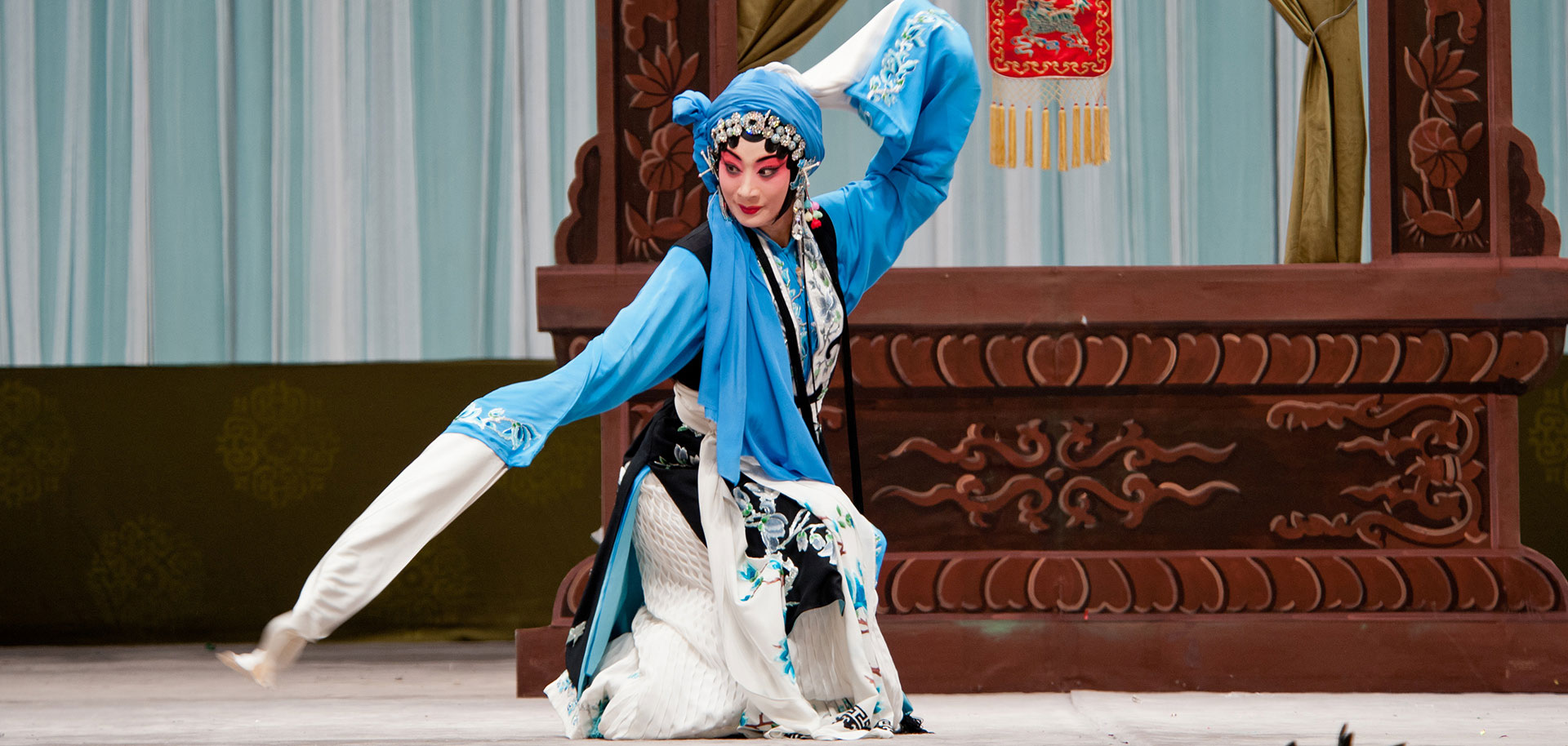
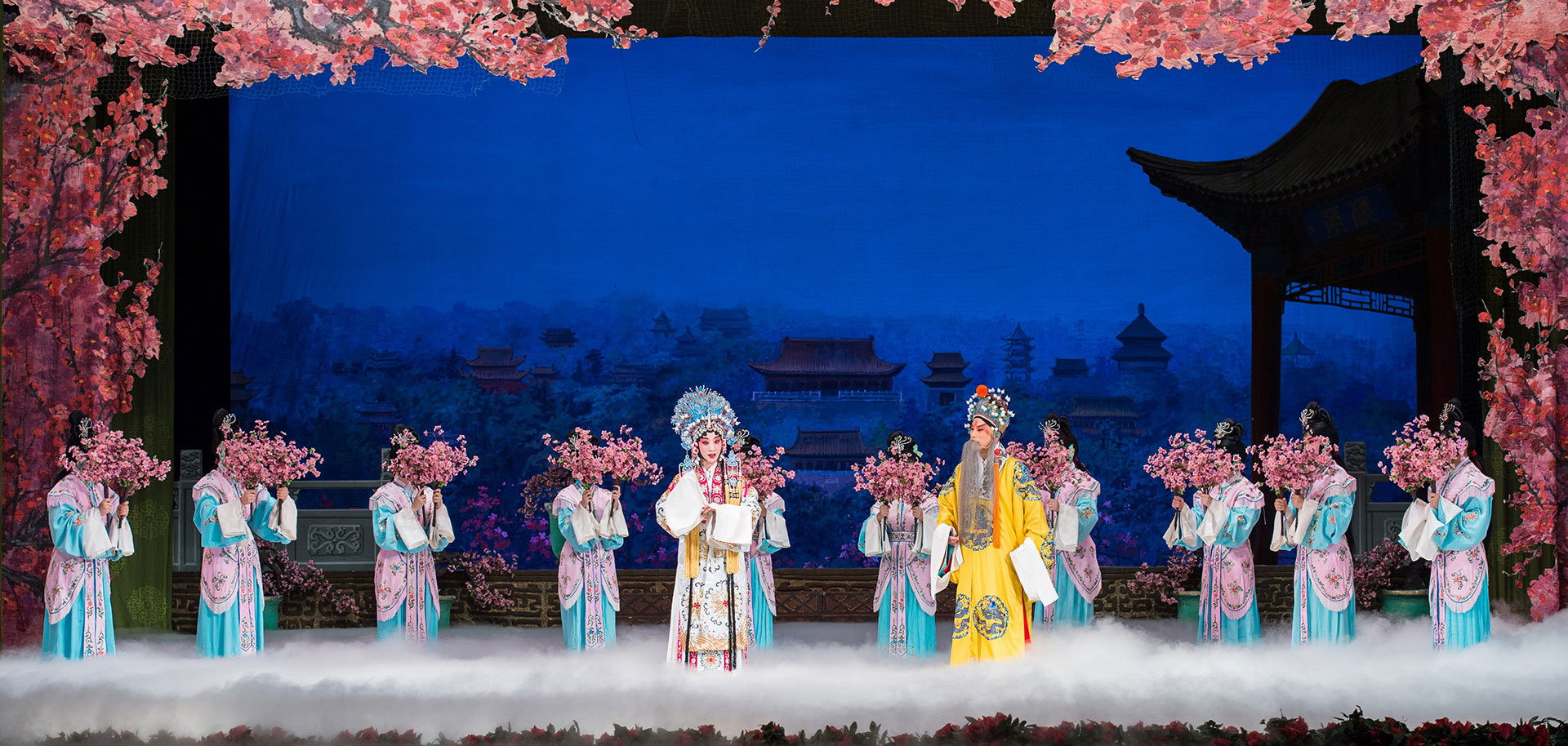
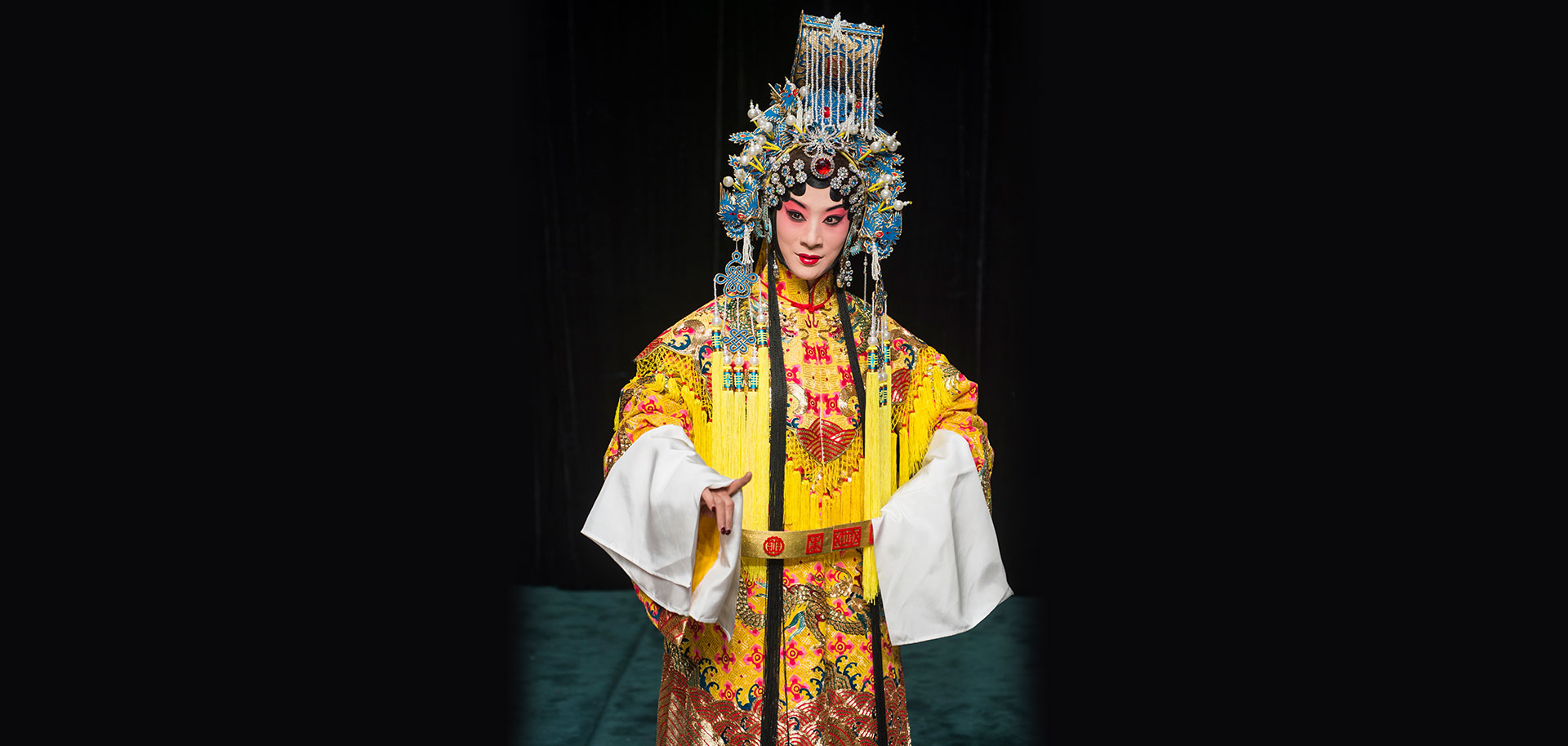
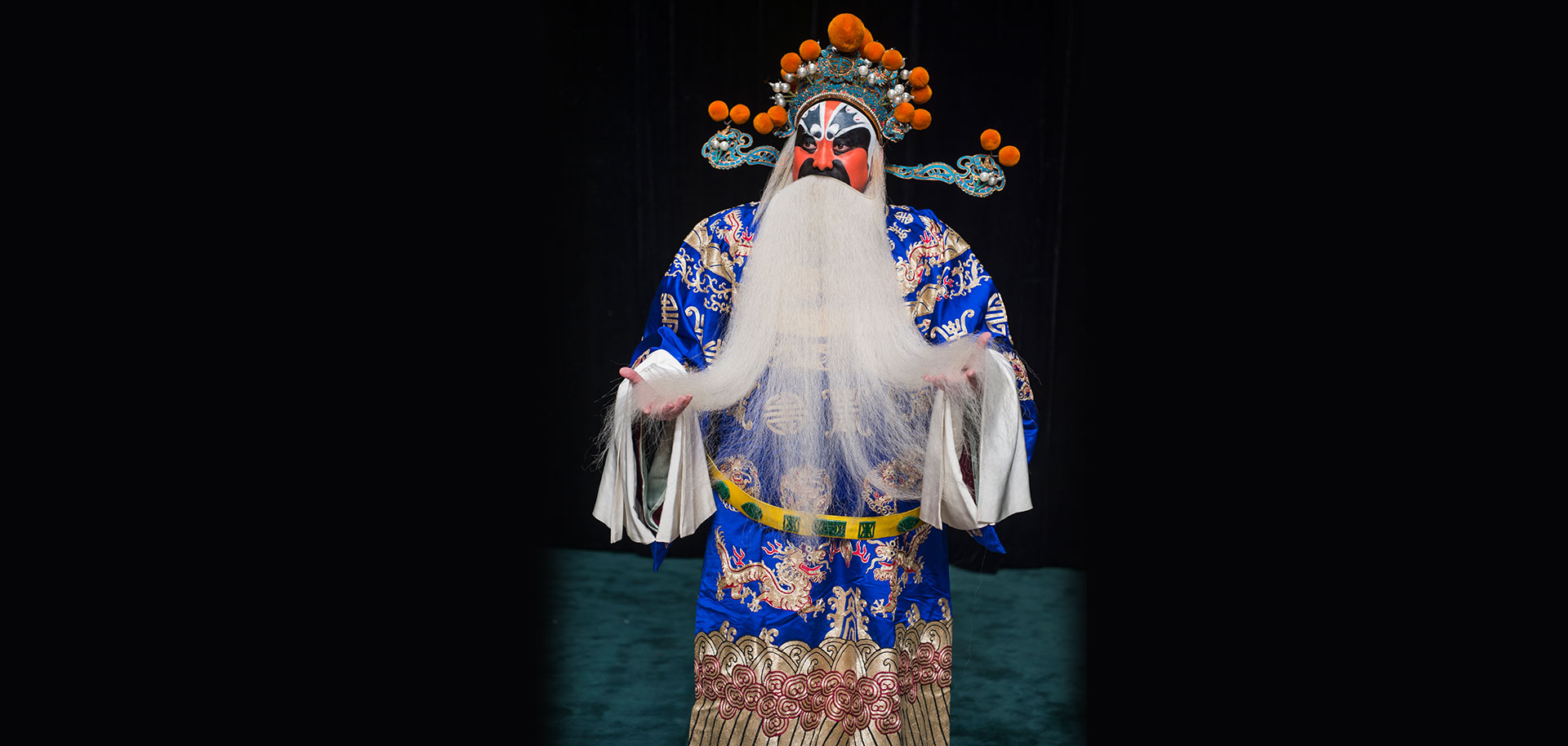
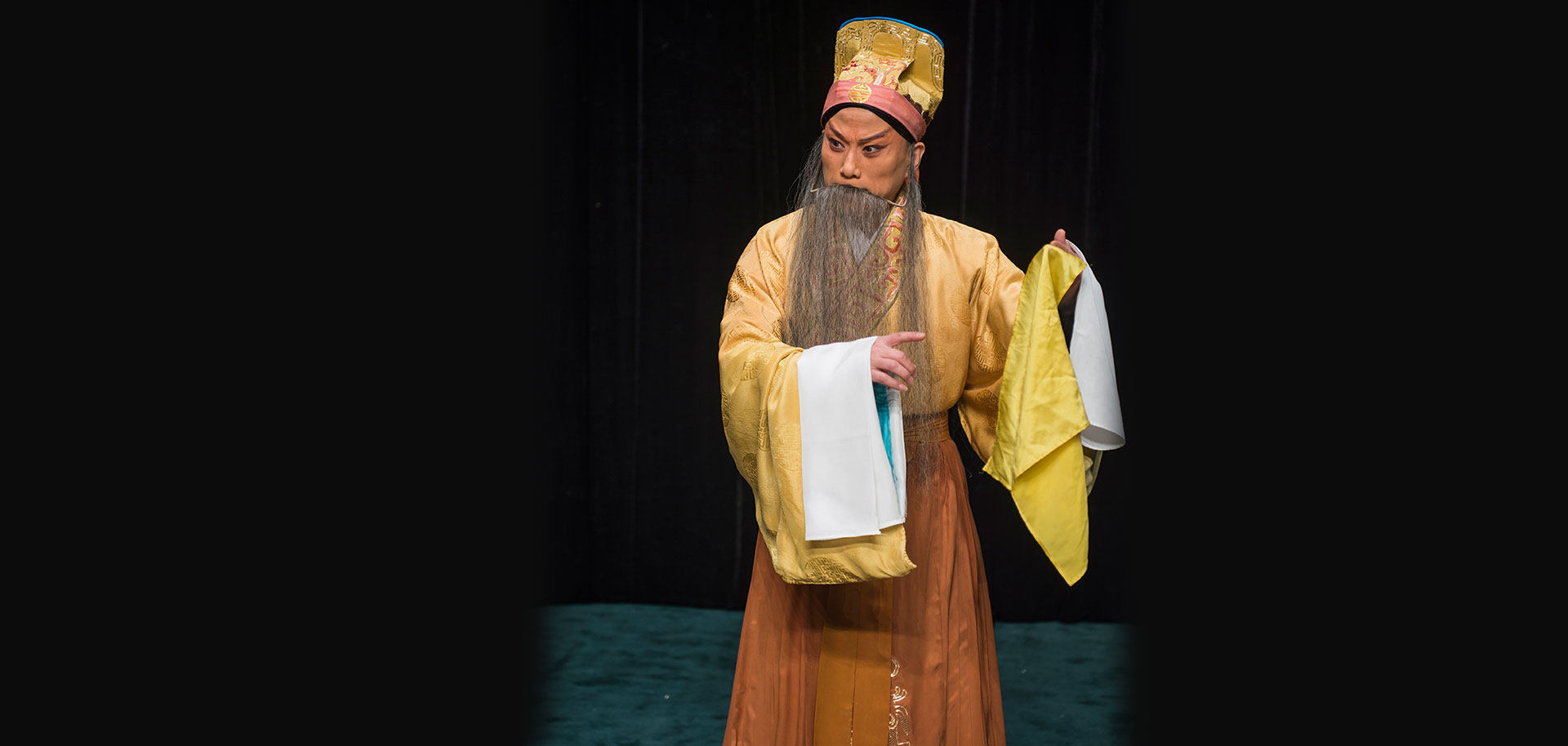
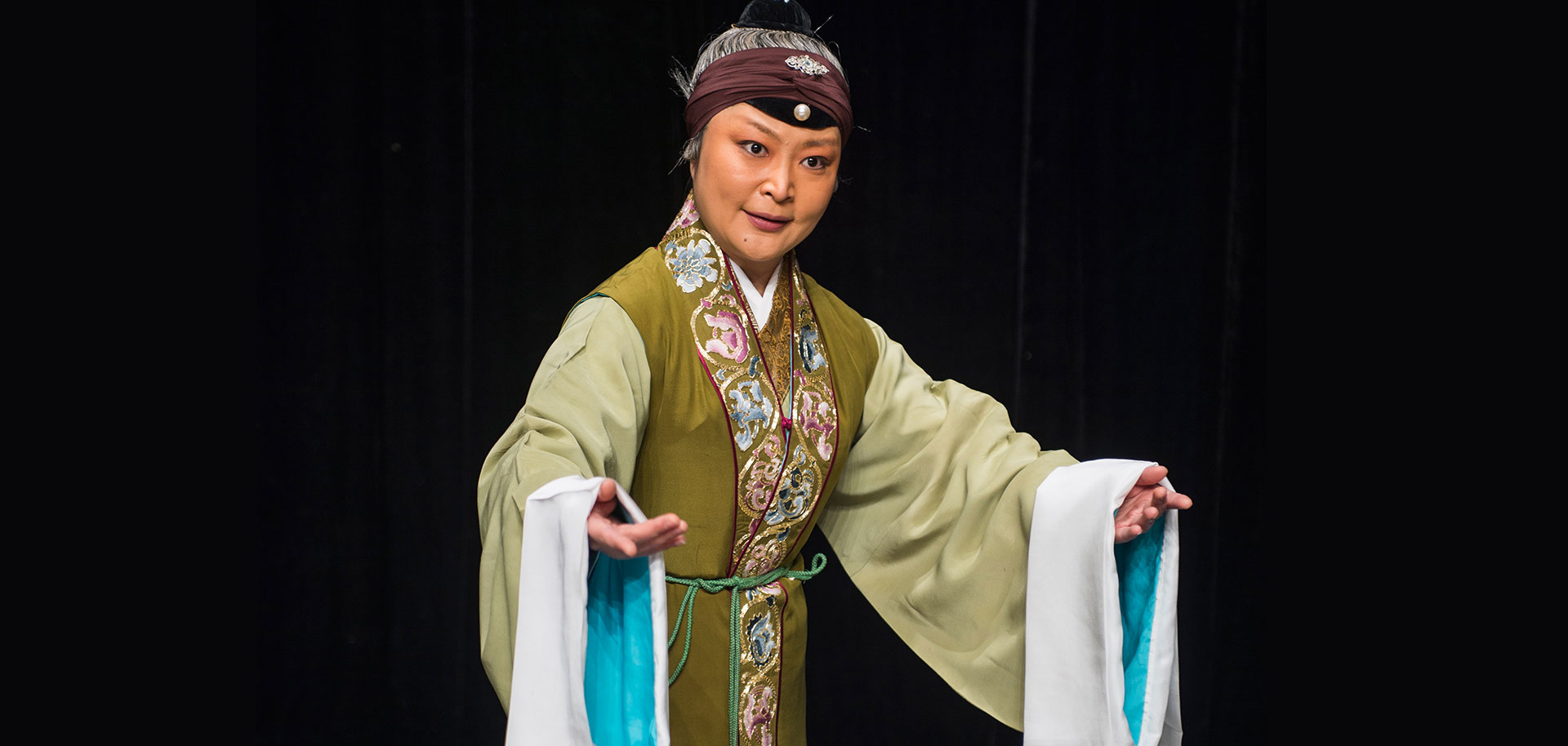
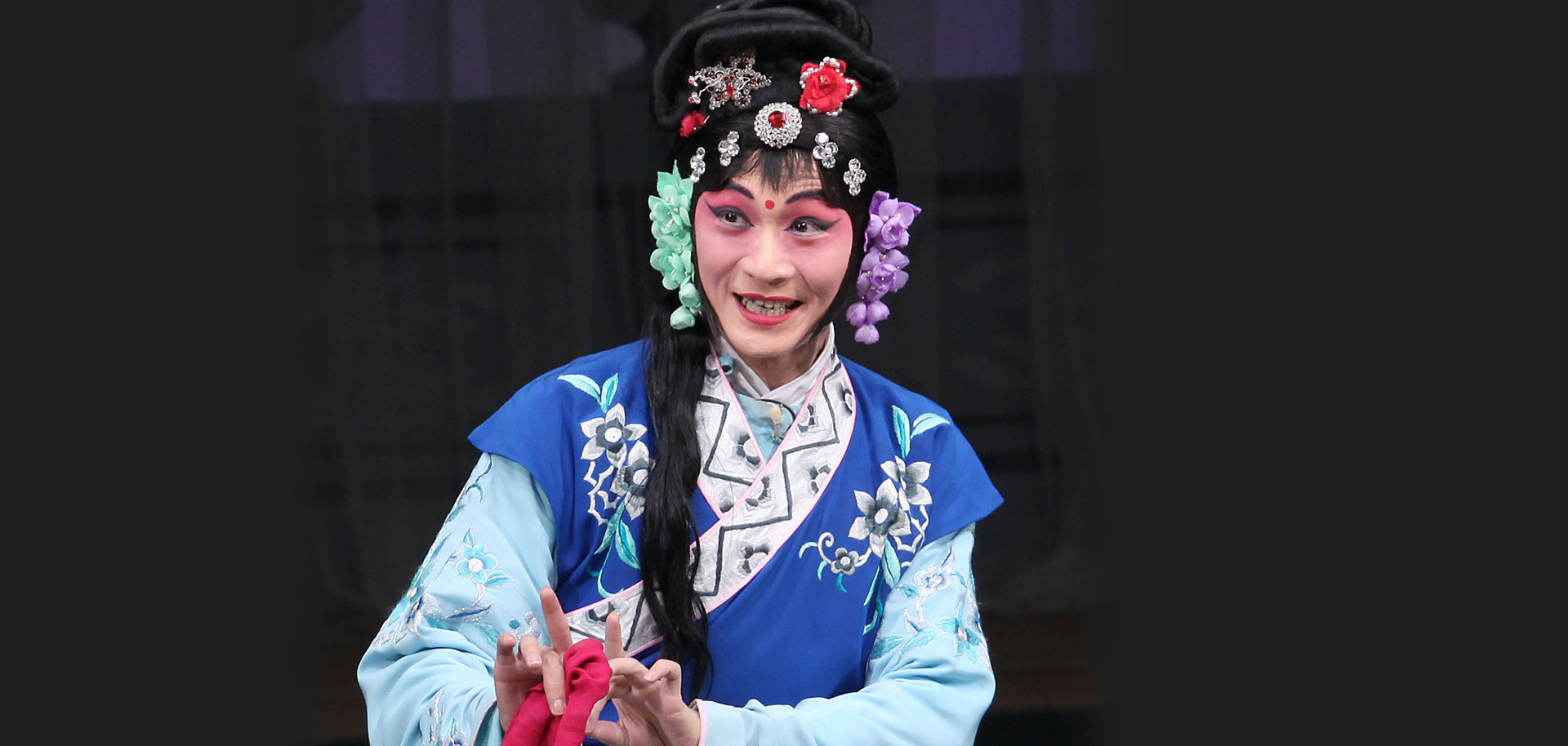
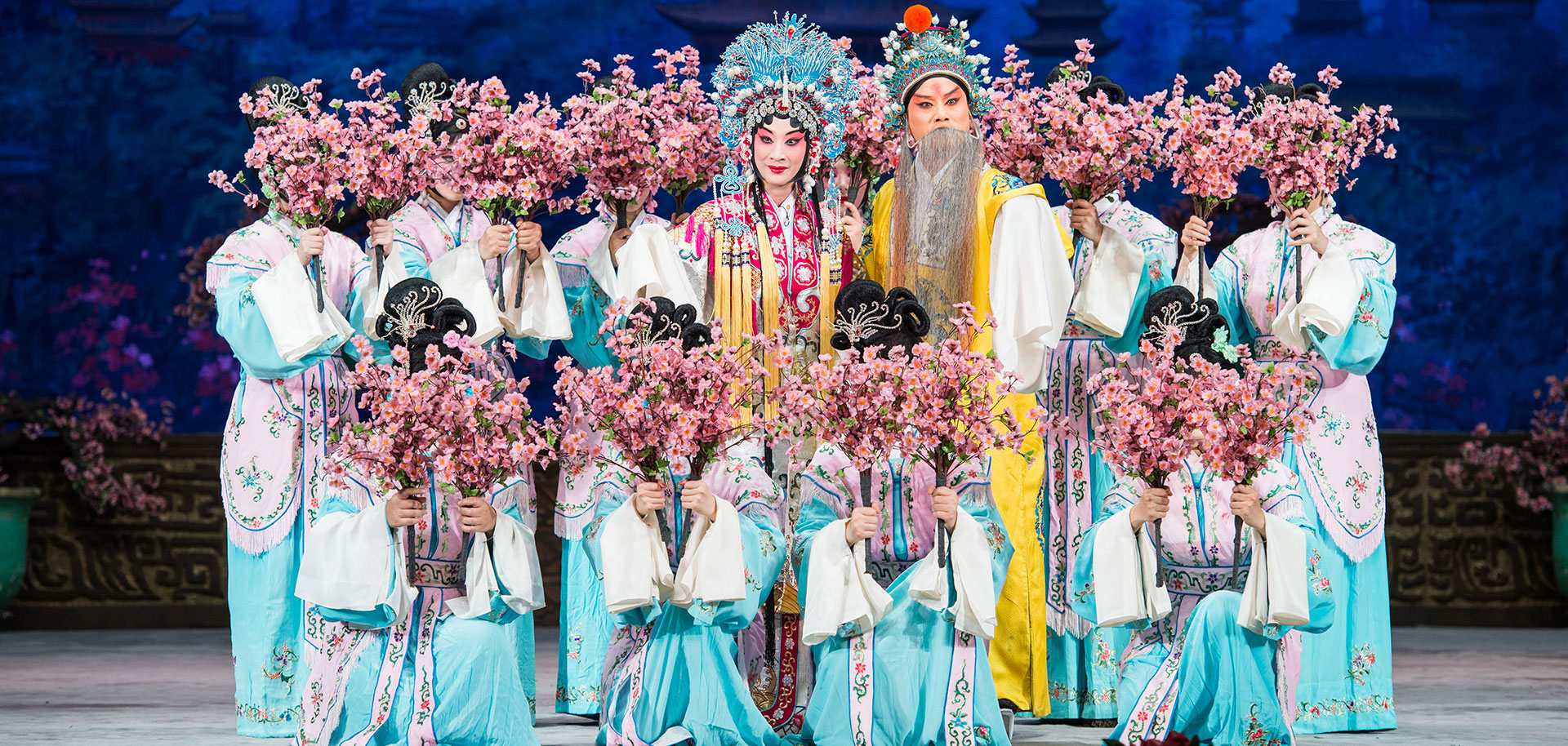
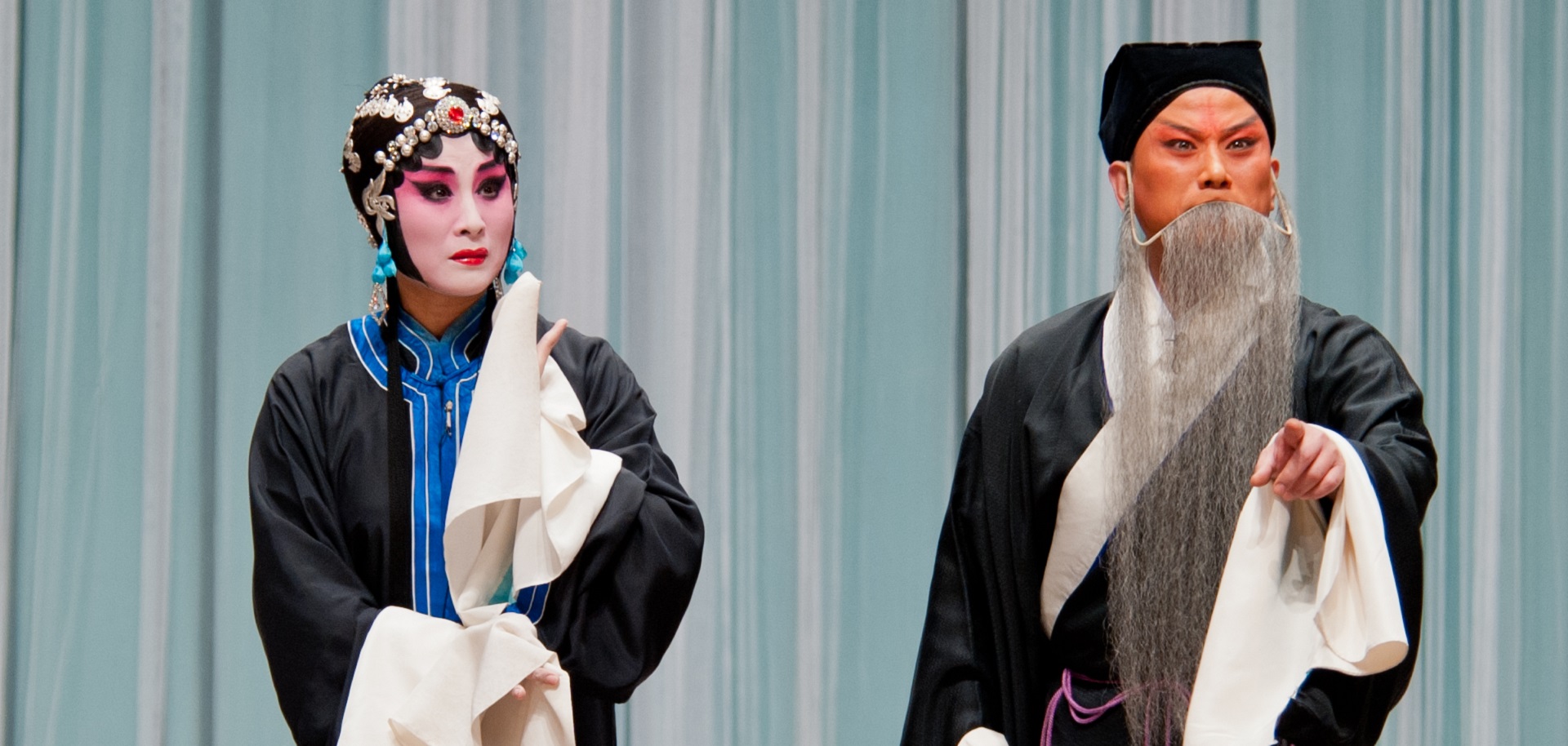
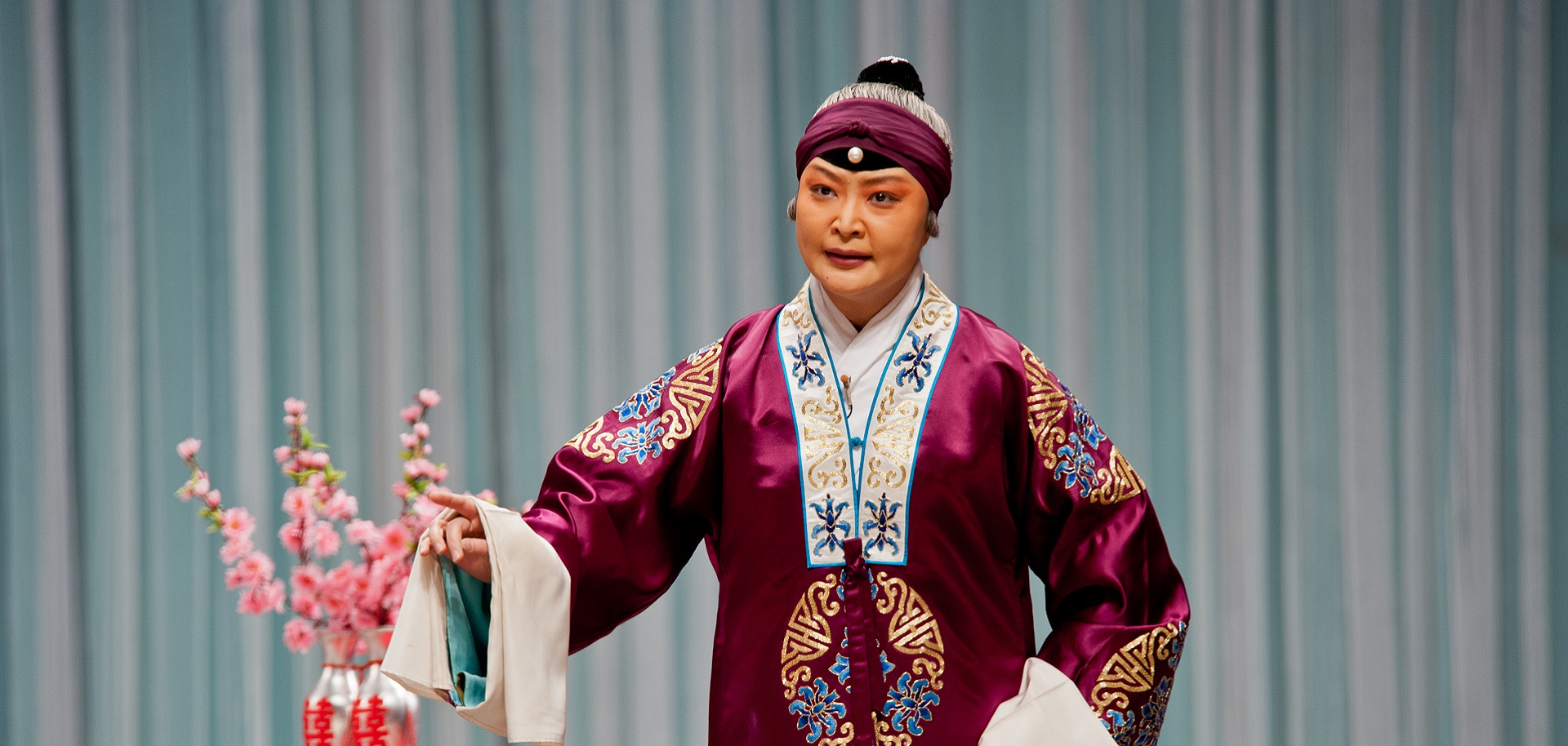
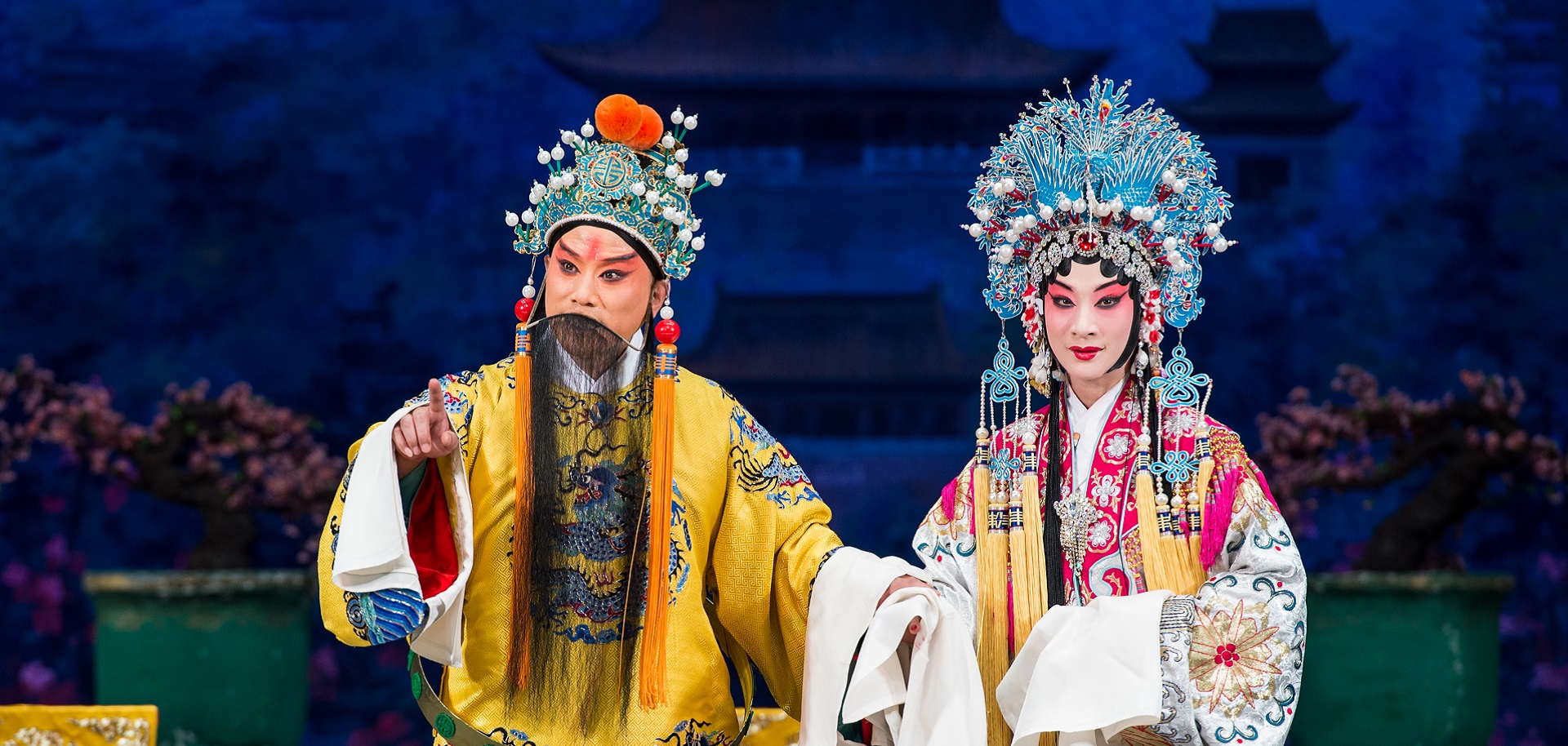
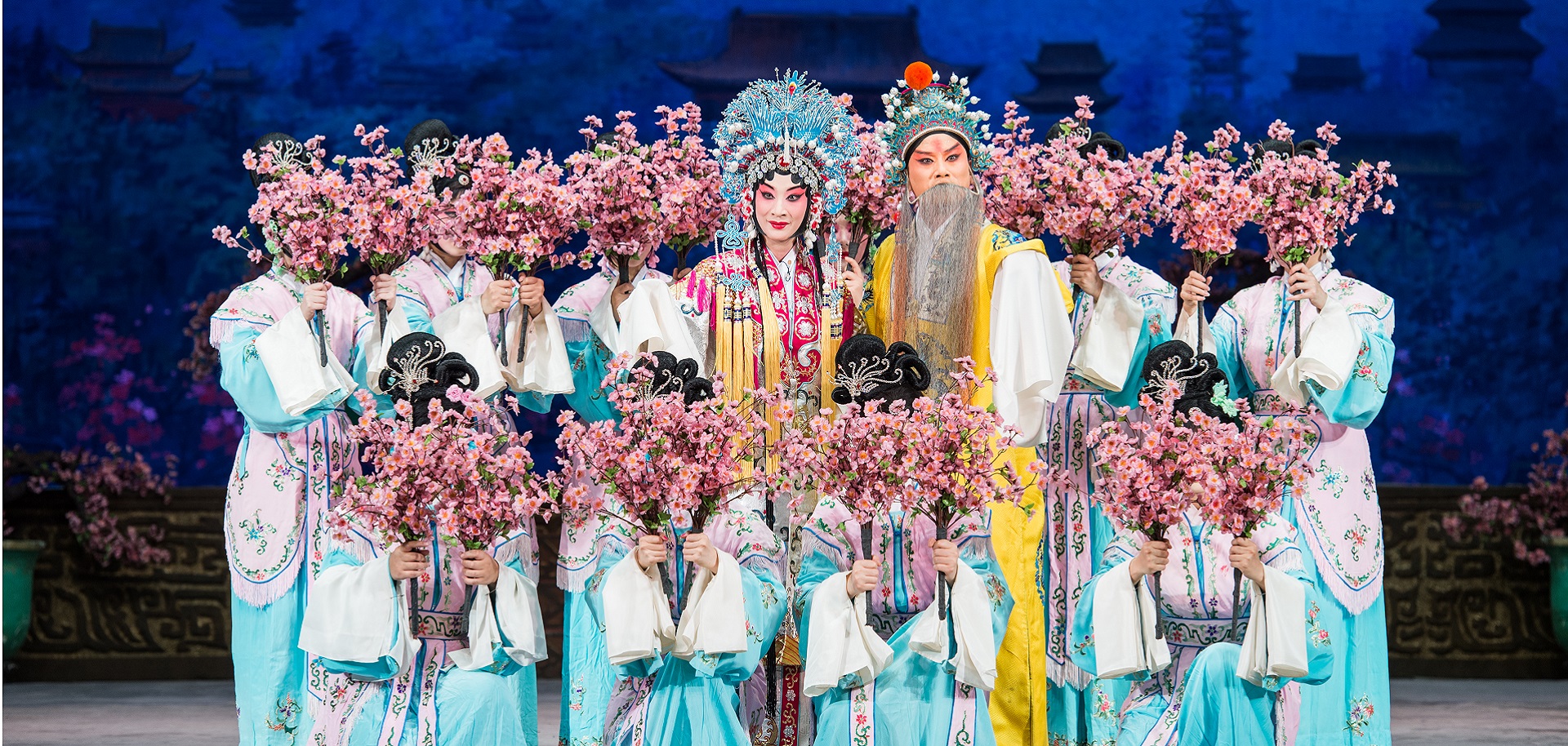

 Top
Top $450
$450  $350
$350  $250
$250  $150
$150
